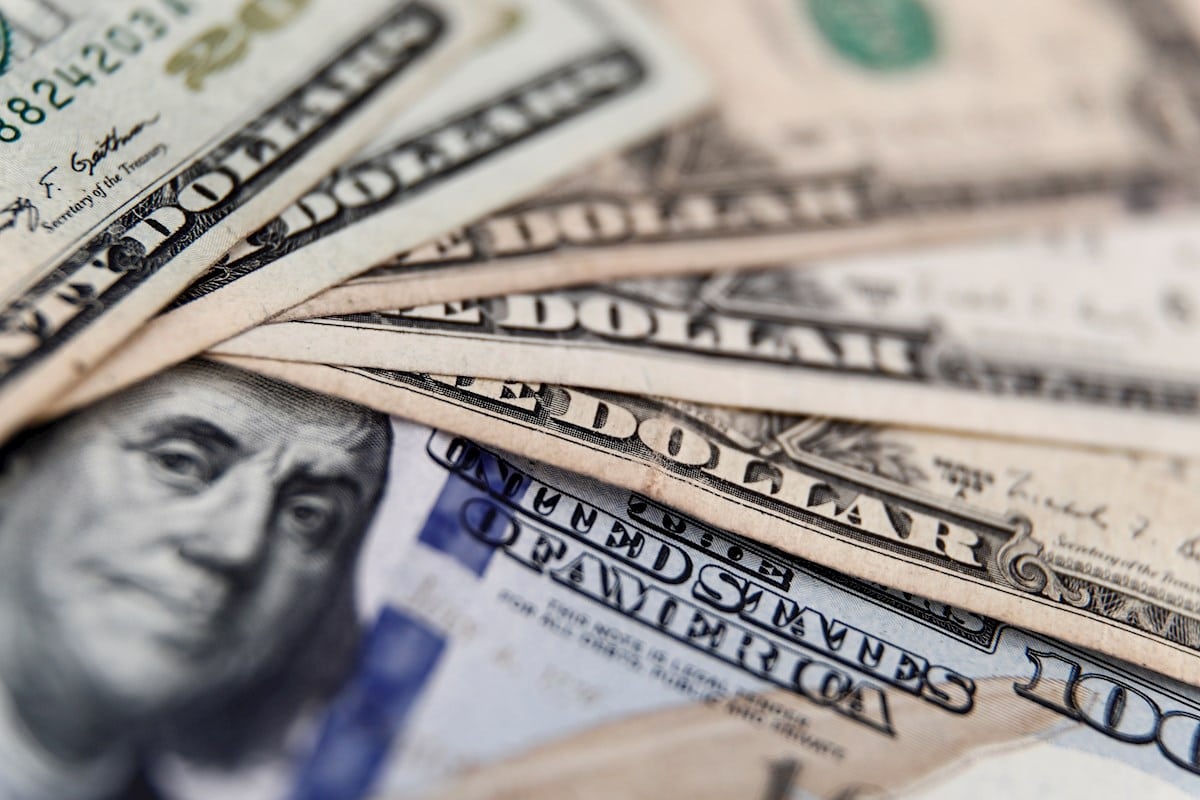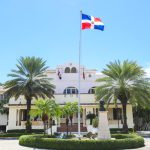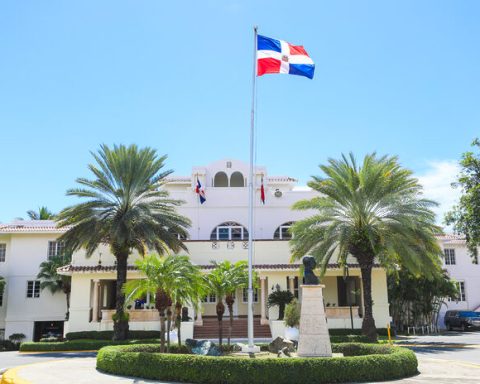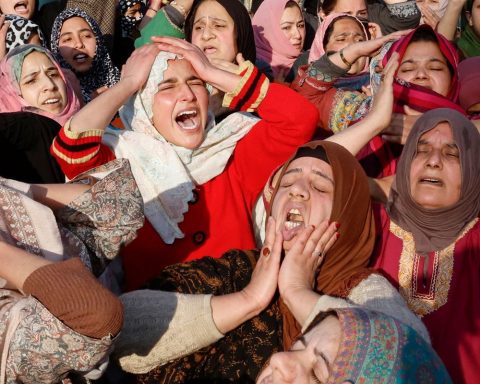The Central Bank of Nicaragua reported this January 23 that its Board of Directors decided to establish the sliding rate of the exchange rate of the córdoba, the national currency, with respect to the US dollar, from 2% to 1% per year, in order to to help offset the effects of inflation.
The new ratewhich is established in the midst of the sociopolitical crisis that Nicaragua has been experiencing since April 2018 and high inflation in the world, will begin to be applied and published in the monthly table of the official exchange rate as of February 1, the bank indicated. state issuer in a declaration.
Third adjustment of the slide of the dollar in Nicaragua
It is the third time in the last four years that the Central Bank reduces the sliding rate of the exchange rate of the córdoba with respect to the dollar.
In 2019 it reduced it from 5% to 3%, and as of December 1, 2020 from 3% to 2% per year. In other words, in four years there has been a reduction of four percentage points.
Since 2004, the Central Bank has maintained the slip rate of the currency against the dollar at an annual adjustment of 5%.
“This decision is taken in the context of an adequate macroeconomic policy framework and growing macroeconomic indicators,” explained the state issuing bank.
The source highlighted that the economic and financial evolution presents as results stable public finances, financed balance of payments, stability of the main variables of the financial system, improvement in the levels and coverage of international reserves, and monetary and exchange rate stability.
Likewise, that the consolidation of monetary and exchange rate stability is reflected in the fact that the exchange rate gap in 2021 and 2022 has not exceeded 0.5% and there is sufficient foreign currency funding.
In addition, that in the last two years the Central Bank has not had a demand, but rather a supply of dollars, “so, to satisfy the increased demand for córdobas, it has bought foreign currency to maintain the monetary balance,” he added.
“In the midst of these favorable conditions, the reduction of the slippage will help to offset the effects of international inflation in our economy and reinforce the predictability of the nominal exchange rate, thus strengthening the stability of the national currency,” he said.
They want to contain inflation with another blow to the pocket
Sources that dominate economic issues in Nicaragua explained to CONFIDENTIAL that the objective of the regime with the reduction of slippage is to contain the devaluation. However, it will not achieve that objective because interest rates have risen in the banks, due to a demand for credit, especially personal loans, which would be used to finance Nicaraguans who are leaving the country due to political persecution or lack of of economic opportunities.
In addition, they indicated that the decision will affect Nicaraguan exports because, when there is devaluation, more profitability is generated for exports, which receive more córdobas for their dollars, and that helps pay bills, jobs and other production expenses. However, with this reduction in slippage there will be less profitability for the exporting sector.
This artificial strengthening of the córdoba would favor importers, who will need fewer córdobas to pay for the dollars they need to pay for their merchandise.
However, the impact will also be felt by families that receive remittances from relatives abroad, because with the same amount of dollars they will now receive fewer córdobas.
The sources added that the córdoba is strengthened when there is a strong economy, sustained generation of formal jobs or when the country’s gross domestic product (GDP) shows quality growth, and not due to remittances and imports, as is the case in Nicaragua. Also when Foreign Direct Investment generates development, and not simple maintenance of existing investments, which pay miserable wages, as occurs under the free zone regime, for example.
Despite the fact that it may be favorable at the macro level, the measure will also affect pensions that do not have an increase factor, and will not solve the devaluation problem, because this is due to the inefficiencies of the economy.
Nicaragua expects its gross domestic product (GDP) to grow between 3.5% and 4.5% in 2022, the second consecutive year on the rise after 3 years of closing with a red balance, with inflation between 10% and 11%. according to the Central Bank. In 2023, the Government of Nicaragua forecasts growth of 3% to 4% of its economy, with inflation of 5% to 6%.
However, two economists interviewed by CONFIDENTIAL They doubt that the forecast of the president of the Board of Directors of the Central Bank of Nicaragua (BCN), Ovidio Reyes, who foresees a growth of the gross domestic product (GDP) of “between a minimum of 3% and a maximum of 4%” for 2023, while various international entities place it at around 2%.


















